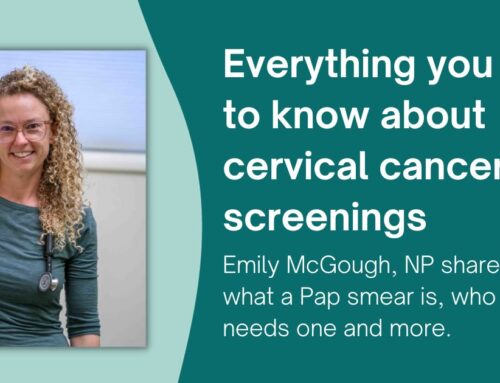Aspirin, manufactured and marketed since 1899, is the biggest selling drug in history, about 10 billion tablets are manufactured annually.
For years, a low dose aspirin was commonly recommended by doctors and used by many people for primary prevention of a heart attack or stroke. Now, that recommendation may have changed.
Several years ago, Bayer HealthCare petitioned the FDA to change the label on its packaging to say aspirin could be used for primary prevention of heart attacks. There was already an indication for secondary prevention of heart attacks, and this recommendation was on the bottle.
Primary prevention means taking measures to prevent disease or ill health. An example would be immunizations, which attempt to prevent people from developing a disease in the first place.
Secondary preventions are interventions that halt or slow the progression of a disease or illness after it has already been diagnosed.
After many years and much debate, and reviews of multiple studies and more discussion, the FDA announced it is not a good practice for people to take a routine aspirin to protect themselves from having their first heart attack or stroke.
The FDA denied Bayer’s request to change the labeling on their medication and concluded the benefits of aspirin for primary prevention do not outweigh the risks of taking the medication.
Risks of taking aspirin include increased risk of bleeding in the stomach, gastrointestinal track, and brain.
The FDA stated it is an entirely different matter for secondary prevention – that is for those who have already had a cardiovascular event. This group of patients should continue taking aspirin as the benefits outweigh potential risks of the medication.
So for now, these are the current recommendations from the FDA (other health care groups including the American Heart Association and the American Diabetic Association do have different recommendations).
Stay tuned though as new clinical trials are underway that may provide new evidence and maybe new recommendations. As with many decisions in the health care field, these decisions may not always be so black and white, so consider discussing with your doctor or healthcare practitioner whether starting or stopping aspirin is the right thing for you.







